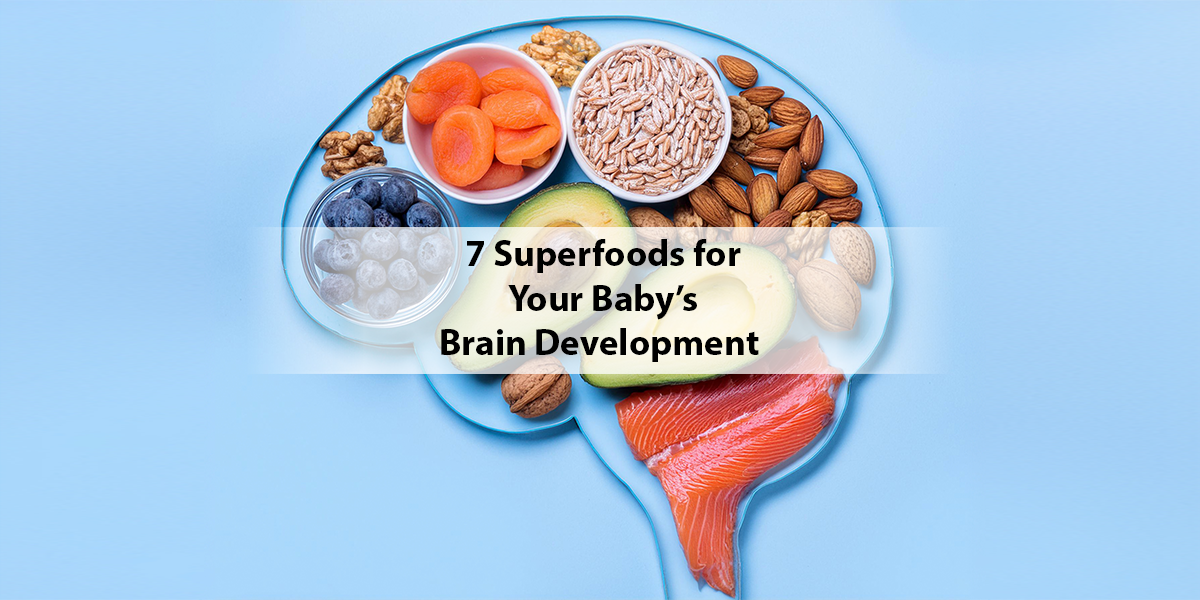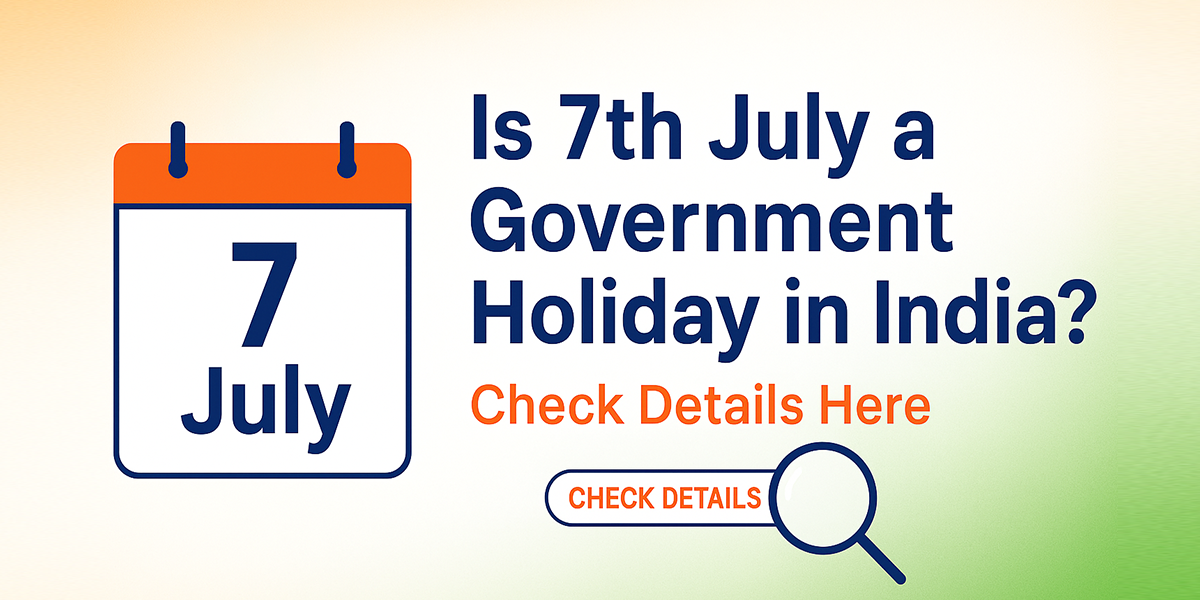Indian heart has won many all across the globe but the less known fact is when this heart full of energy faces an unknown rival called an unprecedented heart attack.
While it was a worry for older people, heart attack young age has now become a nightmare. Being less careful towards this hidden thief who is highly likely to appear when you are having the best of times—be it finding comfort with a binge-watch and popcorn, sleeping flexibly while talking to your bffs or maybe the profession is the excuse. However, choices we make aren’t just excuses but a step ahead towards contributing to the unknown future.
But why is there a spike seen in heart attack rate in India – to answer this, let’s look into it a bit closer.
The global and Indian scenario
Heart attacks among people younger than 40 years old constitute between 6-10% of all myocardial infarctions worldwide. The incidence of cardiovascular diseases among younger populations continues to rise according to research findings. Heart attack incidents among adults under 40 years old in India exceed Western rates creating a serious health concern. Genetic factors along with urban life choices create an exceptional risk environment for Indian youth.
Modifiable risk factors
Several lifestyle choices and medical conditions significantly contribute to early heart attacks, like:
Smoking: Arterial plaque accumulation speeds up dramatically because of both active and passive tobacco exposure which stands as a major risk factor.
Illicit Drug Use: Healthy individuals might suffer heart attacks from recreational drug use that includes cocaine and amphetamines because these substances induce fatal coronary spasms.
Stress: The hormone imbalances combined with elevated blood pressure and increased inflammation caused by chronic stress attacks heart health directly.
Diabetes: Insufficient blood sugar management results in extended vascular harm, which substantially raises heart disease risks.
Hypertension (High Blood Pressure): High blood pressure without control causes the arteries to stiffen, which results in increased heart workload while accelerating heart damage.
Obesity: A person’s heart disease risk increases when they carry excess weight near the abdomen because this weight distribution leads to high cholesterol levels and insulin resistance while causing hypertension.
Non-modifiable risk factors
Some risk factors remain beyond individual control but are crucial to recognize are:
Genetic predisposition: When heart disease runs in a family member’s history, it dramatically increases the probability of developing heart attacks at a young age.
Hyperlipidemia: High LDL cholesterol levels combined with low HDL cholesterol levels create conditions that lead to artery plaque development.
Hyperhomocysteinemia: Blood homocysteine concentrations that rise above normal levels damage the inner walls of arteries and veins also leading to clot formation.
Hyperlipoproteinemia: Heart disease risk becomes worse because of genetic abnormalities in lipoprotein (a) levels.
Preventive measures
Medical detection at an early stage combined with appropriate lifestyle modifications help reduce cardiovascular risks. The medical necessity of routine cardiovascular assessments becomes critical for people who carry risk factors or family histories. Young adults who follow a heart-healthy routine comprised of balanced eating combined with exercise and stress management while abstaining from drugs or smoking will lower their chances of experiencing heart attacks and yearly or timely complete health evaluations will to certain and identify risks earlier. People who manage their diabetes or hypertension need to take medications alongside making significant lifestyle changes.
Young adults need to prioritize their heart health because the growing awareness of this problem breaks the misconception that heart disease affects only older people. People can begin living heart-healthy lives right now to prevent late intervention.


















































Leave a Comment